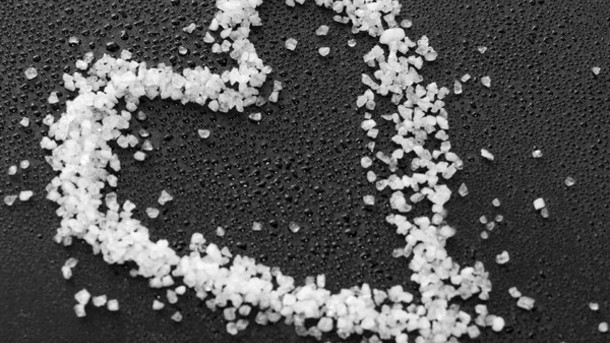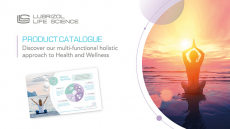A salt conundrum? Researchers suggest 'yin and yang' effect of sodium and chloride

While it is widely accepted that sodium is a risk factor for high blood pressure, very little has been known about the potential health effects of salt's other constituent - chloride.
However, new research led by Dr Sandosh Padmanabhan from the University of Glasgow, Scotland, has revealed that a low chloride level in the blood is an independent indicator of mortality risk in people with high blood pressure (hypertension).
"Sodium is cast as the villain for the central role it plays in increasing the risk of high blood pressure, with chloride little more than a silent extra in the background," said Padmanabhan.
"However, our study has put the spotlight on this under-studied chemical to reveal an association between low levels of chloride serum in the blood and a higher mortality rate."
"Surprisingly this is in the opposite direction to the risks associated with high sodium."
Writing in the journal Hypertension, Padmanbhan and his colleagues analysed data from nearly 13,000 people with high blood pressure who had been followed for more than 35 years - finding that people with the lowest levels of chloride in their blood had a 20% higher mortality rate compared to the others.
"It is likely that chloride plays an important part in the physiology of the body and we need to investigate this further," commented Padmanbhan - adding that the results are 'confounding' against the clear knowledge that excess salt is a bad thing.
"Yet higher levels of chloride in the blood seems to be an independent factor that is associated with lower mortality and cardiovascular risk."
"It is too early to draw any conclusions about relating this finding to salt intake and diet," he said. "We need more research to establish exactly what the relationship between chloride and health risk is."
"We seem to have entered a grey area here that requires further investigation."











